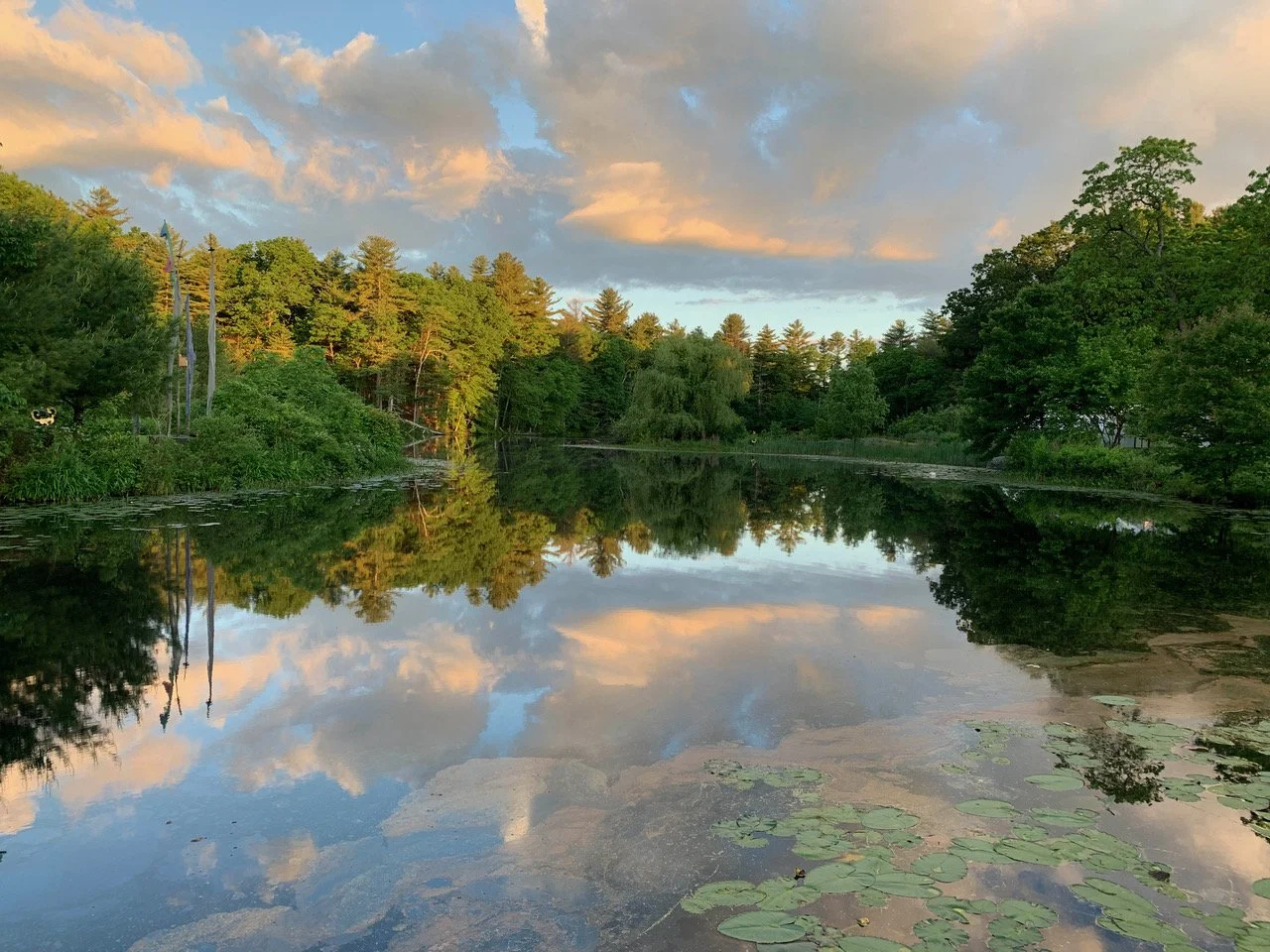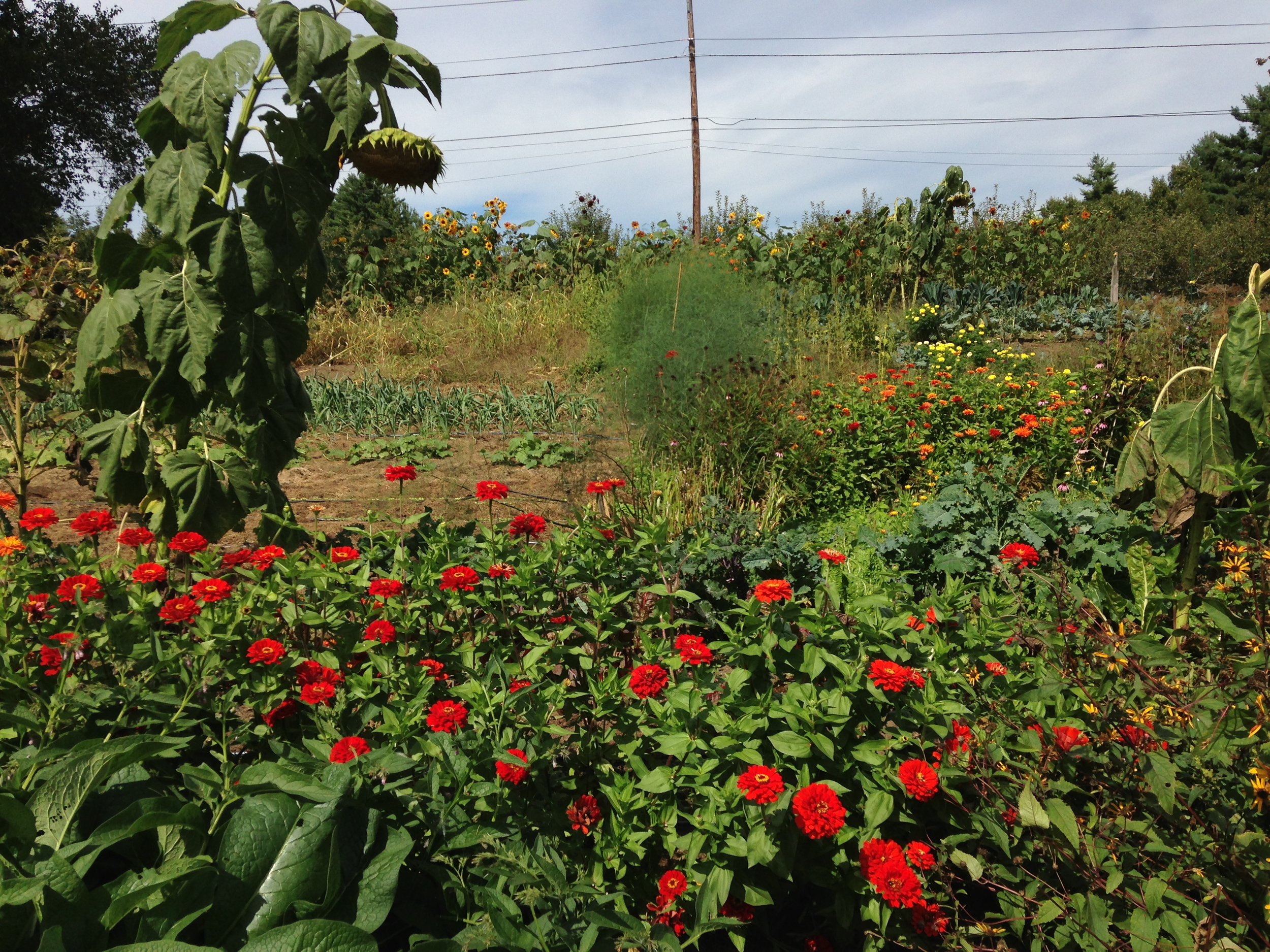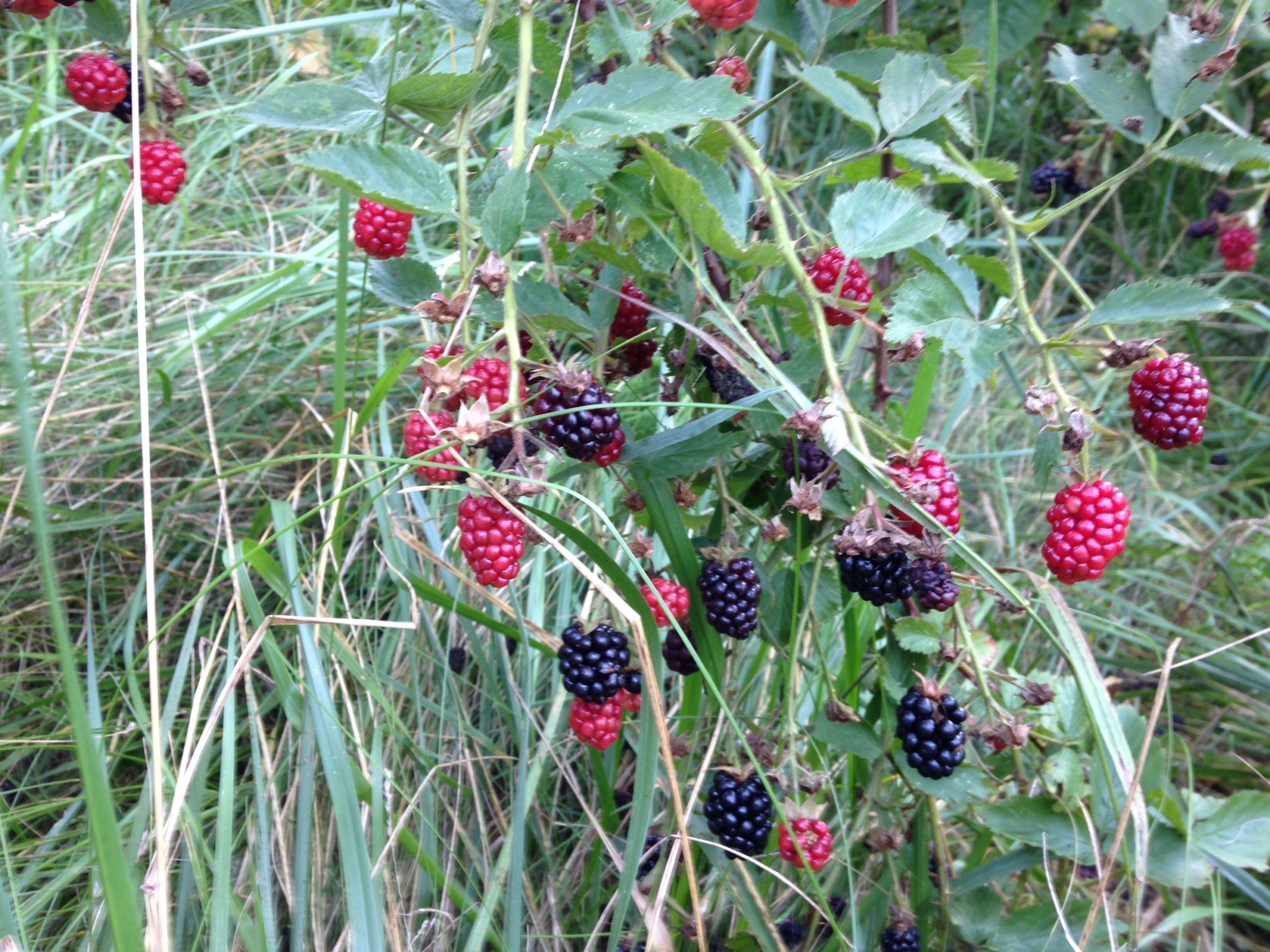April 2024
/Ah, April! Such a luscious month in New England that it seems akin to blasphemy to mark its start with a day to celebrate pranks and fools. Let’s, instead, look to April’s twenty-nine other days, each one ripe with nature’s promise and National Poetry Month’s poems. Let’s emulate poet Louise Berliner and “follow the tangle and the tendril” into the serious delight and enlightenment the rest of April has on offer.
I follow the tangle and the tendril
tracing the leaf’s lineage
long before the bloom and the burst
back to the hard shell of a spit seed
nestling and nesting —
back to when a pip was part star.
What possessed me to climb my own thin thread
to that first touch of sky?
What impulse made green, made curl,
pushed twist and twine?
I didn’t stop at blossom or pink,
barely hesitated when it came to the fruit —
had to chase the pull to produce as if snake-charmed
even though sometimes I thought
I was the one with the flute.
By Louise Berliner
Louise Berliner tells stories through fiber and found objects, novels, poems, and essays. Her writing has appeared in VQR, Porter Gulch Review, Ibbetson Review, The Mom Egg Review, Sacred Fire, and various chapbook collections as well as the online blog, Dead Darlings. Her first book, Texas Guinan, Queen of the Night Clubs, written in part thanks to an NEH grant, is a biography of a Roaring ‘20s night club hostess famous for saying “Hello, Suckers!”. She has a studio at the Umbrella Center for the Arts. https://louiseberliner.weebly.com




